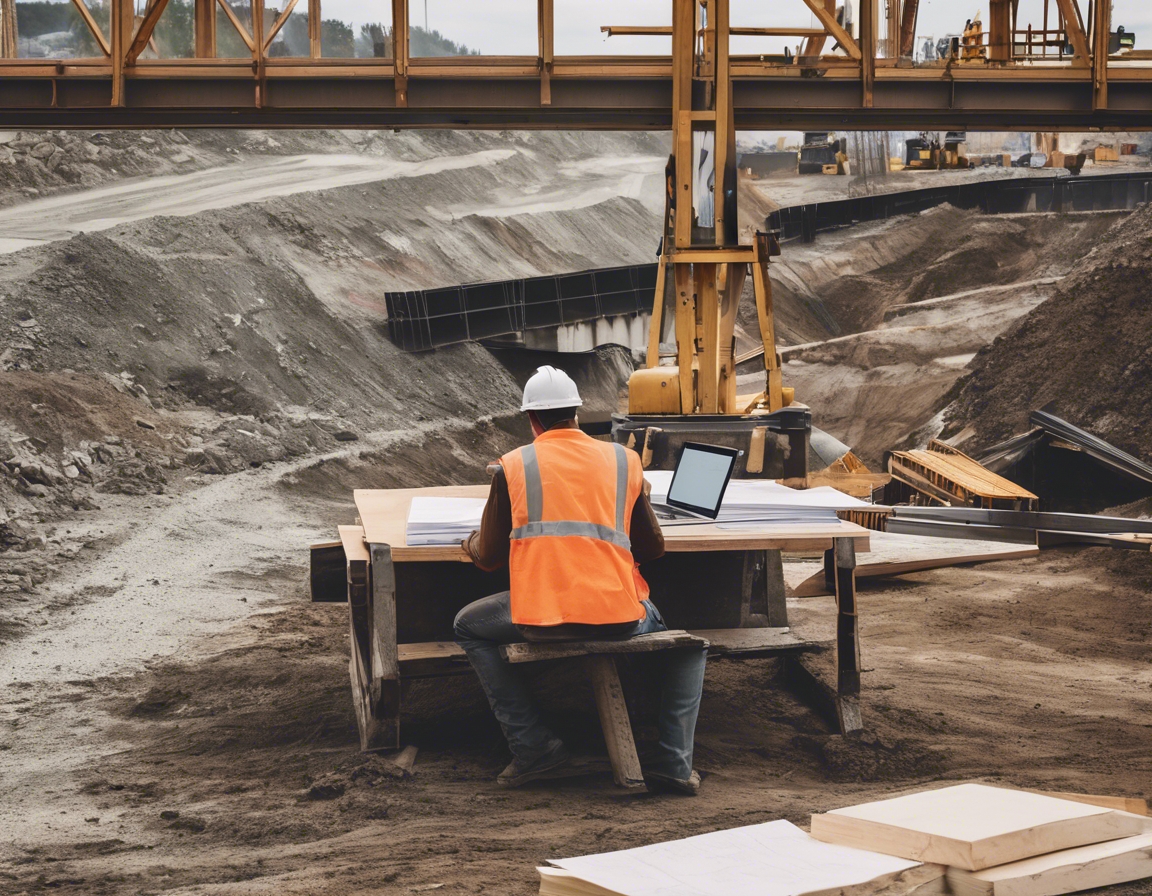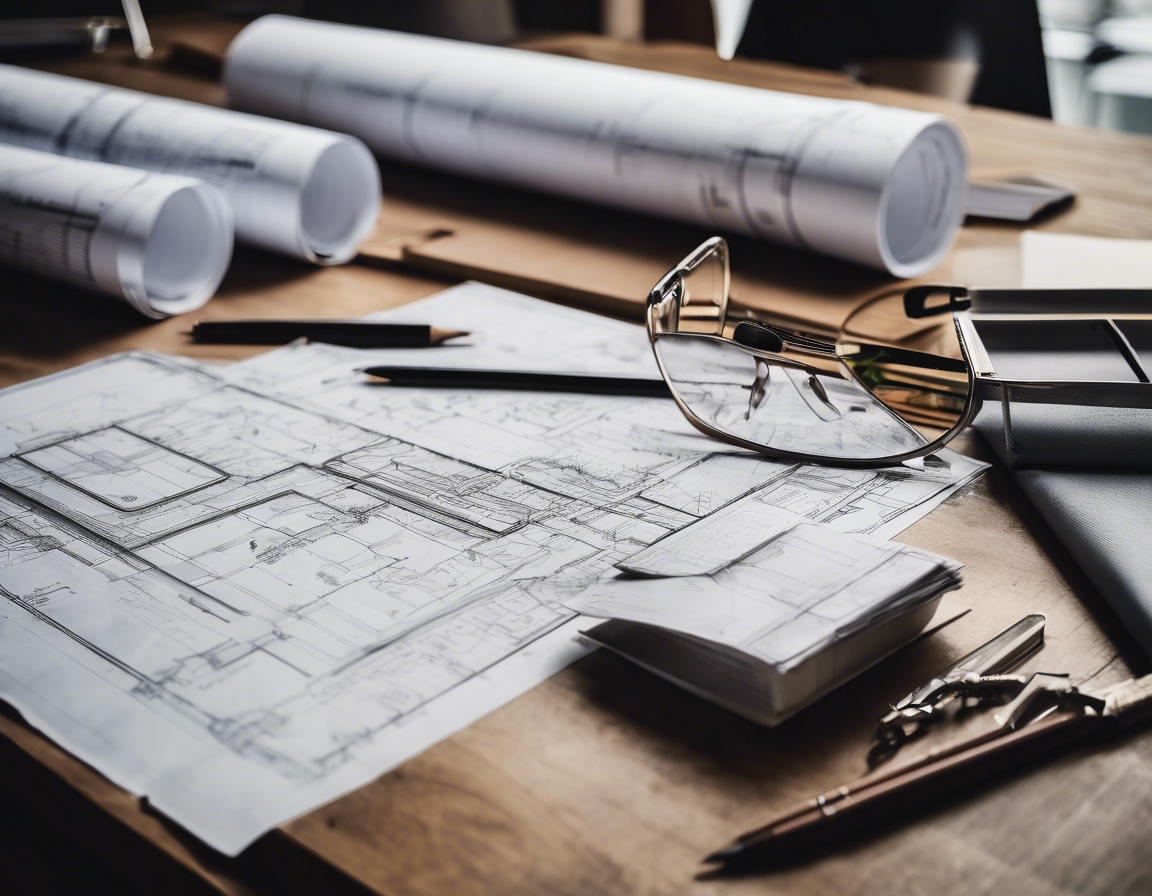The importance of construction audits in modern architecture
In the realm of modern architecture, construction audits have emerged as a critical component in ensuring the success and integrity of building projects. These audits are systematic evaluations of various aspects of construction projects, aimed at verifying compliance with regulatory standards, enhancing safety, and promoting sustainability. As the construction industry continues to evolve, the importance of these audits cannot be overstated.
The Role of Construction Audits in Modern Architecture
Construction audits play a pivotal role in ensuring that projects adhere to the myriad of regulatory standards imposed by local, national, and international bodies. These standards are designed to ensure the safety, durability, and environmental compatibility of buildings. By conducting thorough audits, construction companies can identify potential compliance issues early in the project lifecycle, thereby avoiding costly penalties and project delays.
Safety is a paramount concern in construction, and audits are instrumental in identifying and mitigating risks. Through detailed inspections and evaluations, auditors can pinpoint potential hazards and recommend corrective actions. This proactive approach not only protects workers and future occupants but also minimizes the risk of accidents and associated liabilities.
As the world increasingly prioritizes sustainability, construction audits have become essential in promoting environmentally responsible practices. Audits assess the environmental impact of construction activities, ensuring that projects align with sustainability goals. This includes evaluating energy efficiency, waste management, and the use of sustainable materials, thereby contributing to the creation of eco-friendly structures.
Key Components of a Construction Audit
Financial audits are crucial in verifying the accuracy and integrity of financial records related to construction projects. These audits ensure that funds are being used appropriately and that there is transparency in financial reporting. This is particularly important for stakeholders who need assurance that their investments are being managed effectively.
Quality assurance audits focus on evaluating the quality of materials and workmanship in construction projects. These audits help ensure that the final product meets the specified standards and client expectations. By identifying deficiencies early, construction companies can address issues before they escalate, thereby maintaining the quality and reputation of their projects.
Safety audits are conducted to assess the effectiveness of safety protocols and procedures on construction sites. These audits help identify potential safety risks and ensure compliance with occupational health and safety regulations. By fostering a culture of safety, construction companies can protect their workforce and reduce the likelihood of accidents.
Environmental audits evaluate the environmental impact of construction activities. These audits ensure that projects comply with environmental regulations and contribute to sustainability goals. By identifying areas for improvement, construction companies can implement strategies to minimize their environmental footprint.
Benefits of Construction Audits for Stakeholders
Property developers benefit from construction audits by gaining assurance that their projects are compliant, safe, and sustainable. Audits provide valuable insights that can enhance project planning and execution, ultimately leading to successful project outcomes.
Construction companies benefit from audits by identifying areas for improvement and ensuring compliance with industry standards. This not only enhances their reputation but also reduces the risk of legal issues and project delays.
Real estate investors rely on construction audits to ensure that their investments are sound and that projects are being managed effectively. Audits provide transparency and accountability, which are crucial for making informed investment decisions.
Challenges in Implementing Construction Audits
Implementing construction audits can be challenging due to factors such as resistance to change, lack of resources, and complexity of regulations. These obstacles can hinder the effectiveness of audits and compromise project outcomes.
To overcome these challenges, construction companies can invest in training and education to build a culture of compliance and continuous improvement. Additionally, leveraging technology and engaging experienced auditors can streamline the audit process and enhance its effectiveness.






Comments (0)